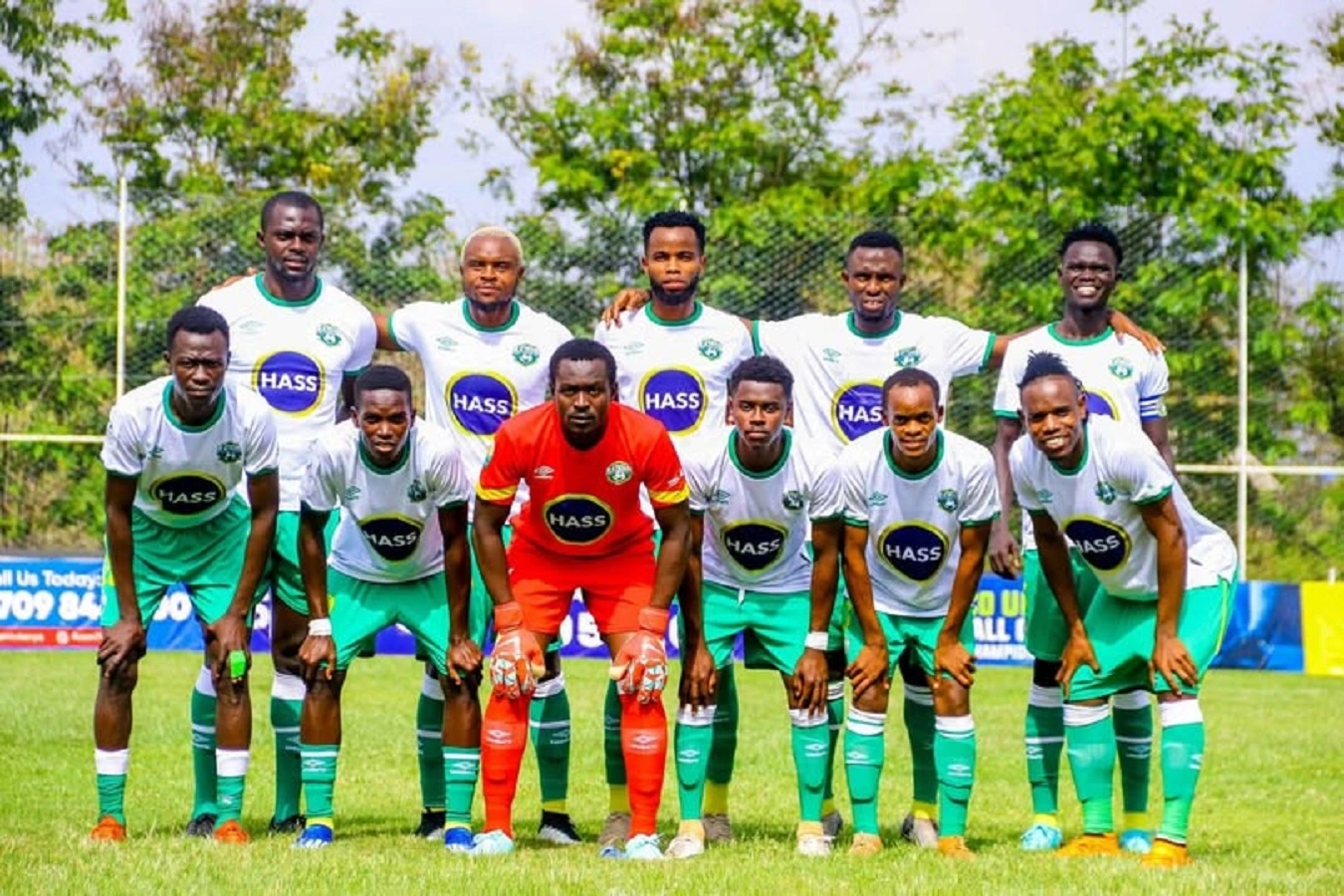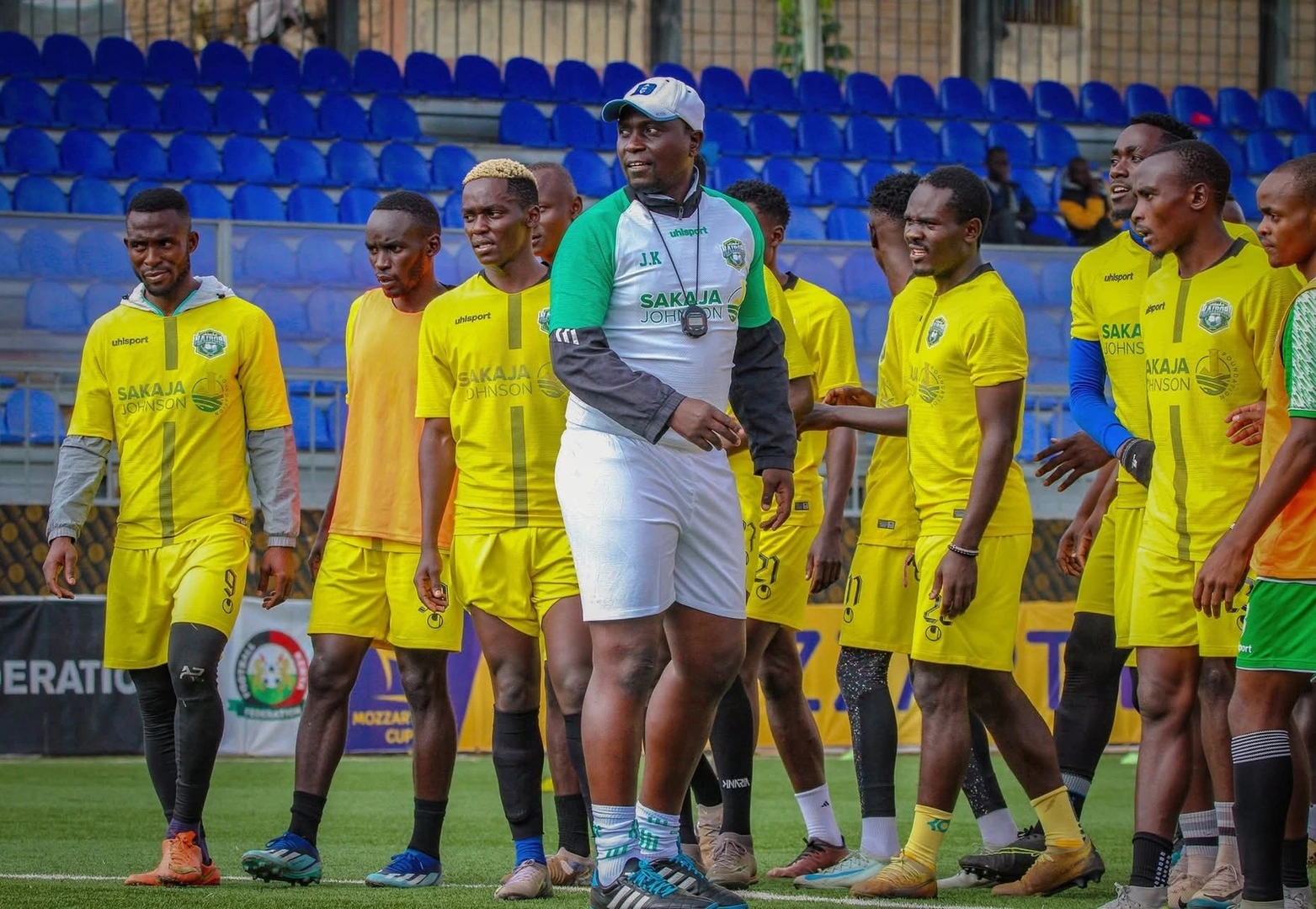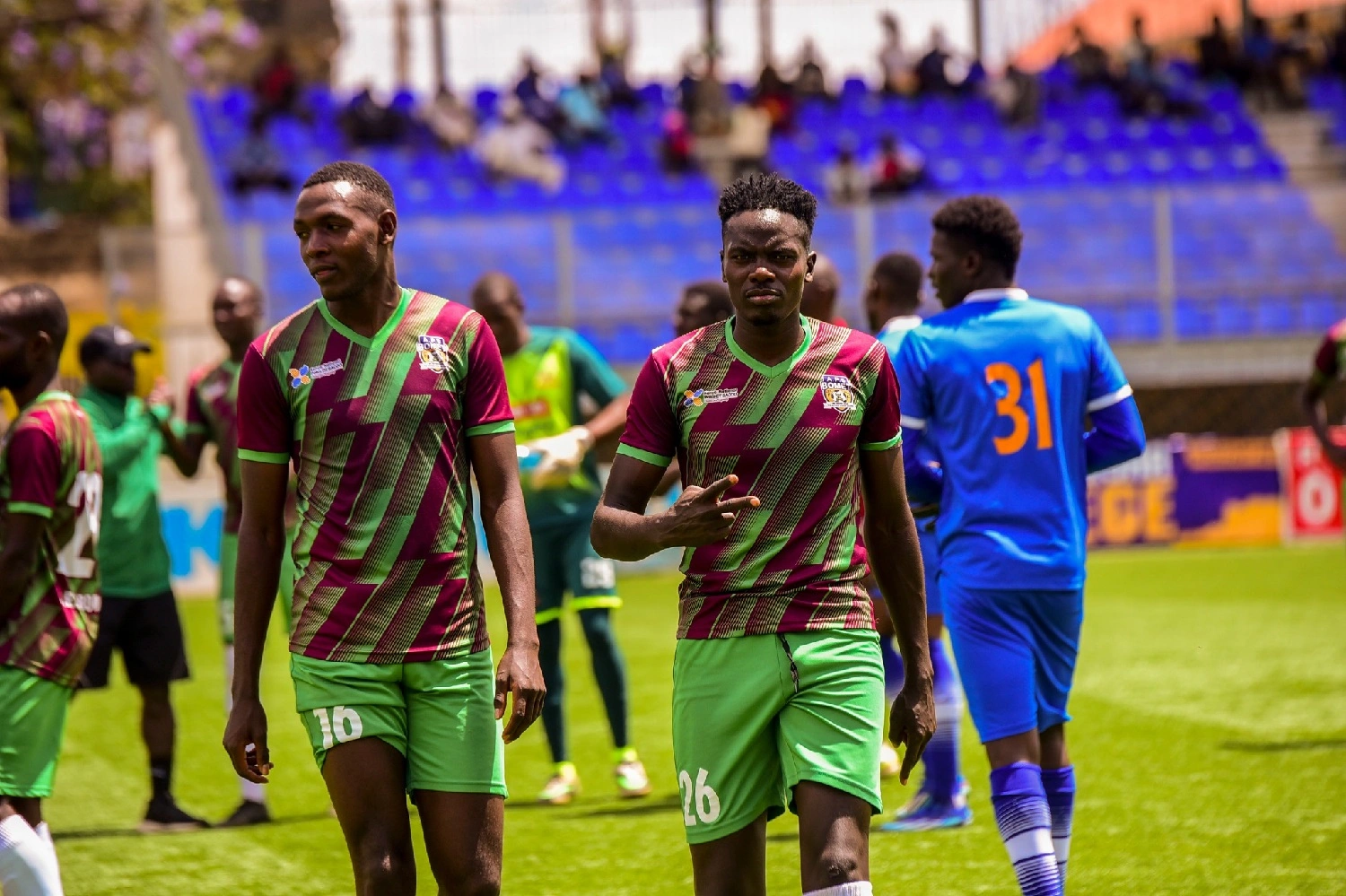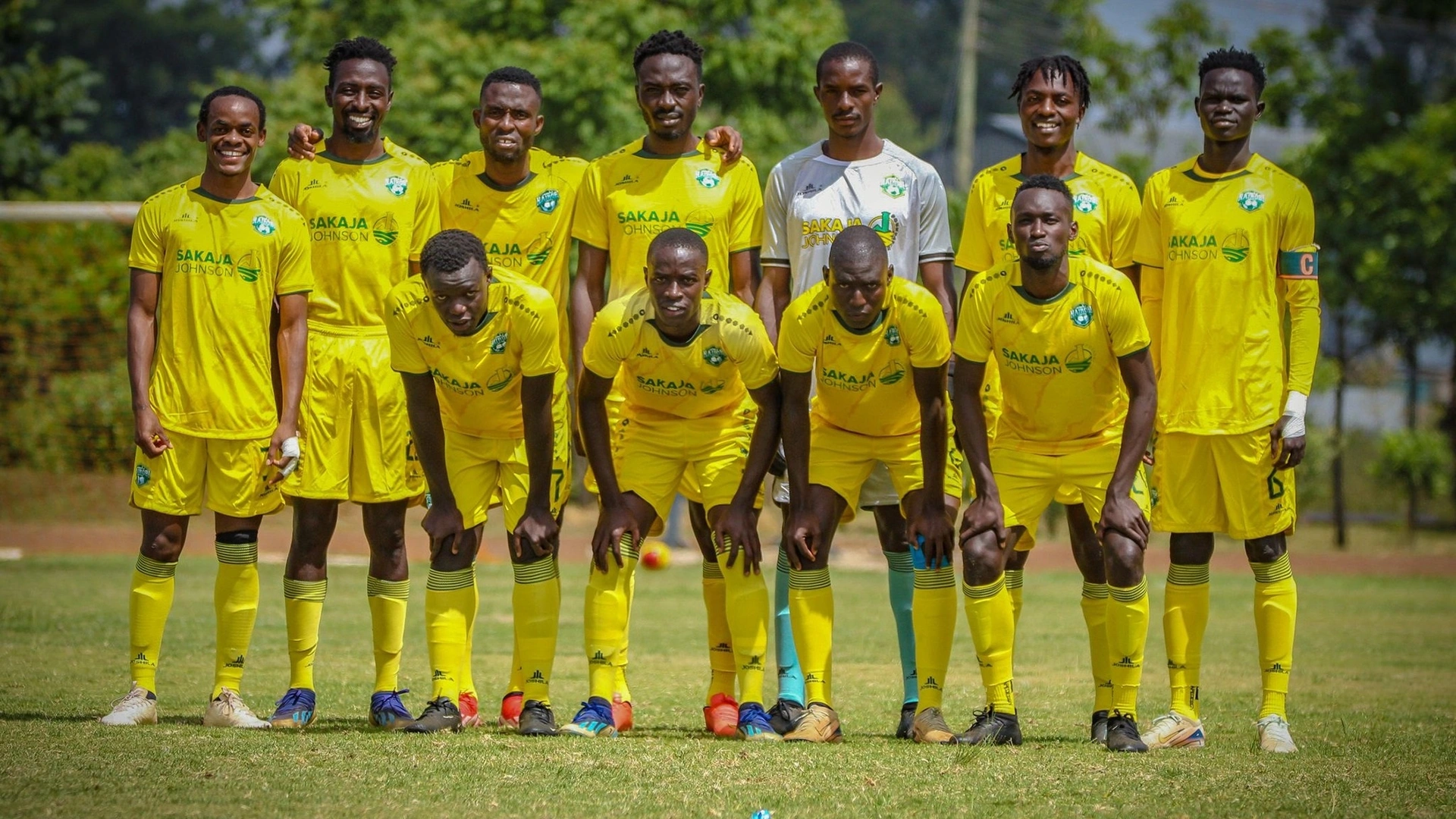
Nairobi United Grassrooots to Glory Model: How Savvy Management and Investment Forged a Premier League Dream
When Nairobi United was founded ten years ago as Balaji EPZ Football Club, few could have imagined they would one day grace Kenya’s top football league. Their 2-1 win over Embu-based 3K FC marked a historic moment as they sealed promotion to the FKF Premier League. At the time of their promotion, Nairobi United led the National Super League (NSL) with 66 points, eleven clear of second-placed APS Bomet, albeit having played a game more.
Smart decisions and steady progress have defined Nairobi United’s journey. Three seasons ago, they played in FKF Division One Zone A under coach Paul Okatwa, who is currently the assistant coach at Kakamega Homeboyz. Despite missing automatic promotion due to goal difference, they earned their way up by defeating Zoo Kericho 1-0 in the playoffs.
Okatwa had joined the club just four games into the 2022-23 season when the team was struggling in 14th place. His impact was immediate and lasting, guiding them to the National Super League. He continued as head coach into their first NSL season but left in January 2024. Although Vincent Nyaberi was lined up to take over, the deal did not materialise, and assistant coach Edwin Mwaura stepped in to complete the season.
Sakaja Foundation’s Intervention
The turning point came on 27th September 2024, when the Sakaja Foundation acquired the club. With an initial investment of KES 50 million, the foundation aimed to professionalise the club’s operations. Players began receiving salaries and allowances on time, and infrastructure improvements were initiated to create a stable, focused playing environment.
Governor Sakaja pointed out the value of discipline, commitment, and unity. “I want you to wake up, work, and think about football. Put all your energy here; I believe in winning,” he urged the players.
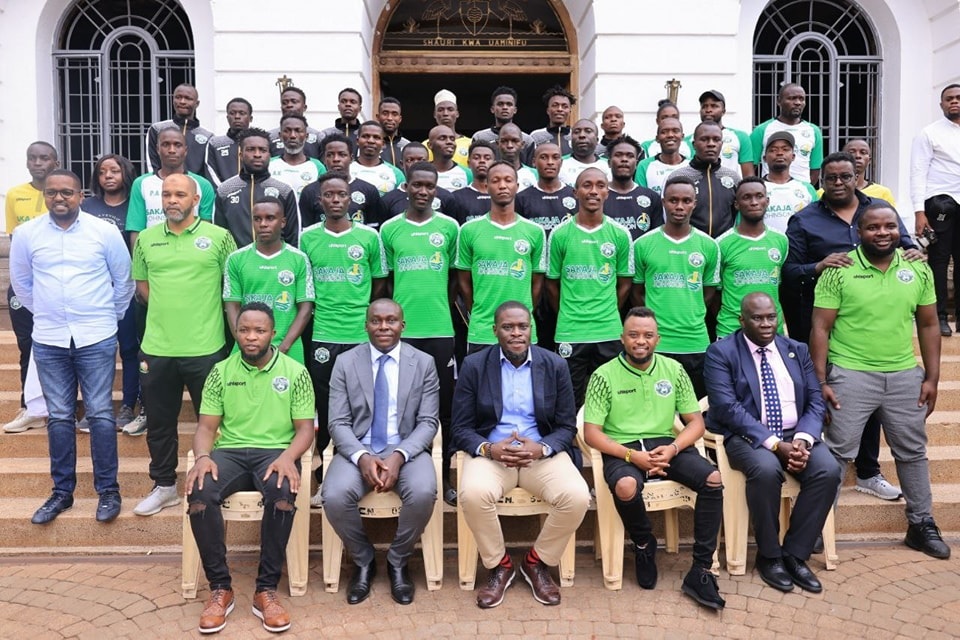
Nairobi United players and officials gathered for a group photo with Nairobi Governor Johnson Sakaja.
At the time of this acquisition, Nairobi United was atop the league standings with 37 points from 18 games. However, their lead over APS Bomet was narrow, and the club needed to strengthen both on and off the pitch.
Mid-Season Reinforcements: Strengthening the Squad
The acquisition of Enock Machaka, Daniel Okoth Otieno, Michael Karamor, and Rodgers Oporia significantly strengthened Nairobi United’s squad, addressing key tactical needs and contributing directly to the club’s successful promotion to the FKF Premier League.
Enock Machaka – Midfield Stability and Work Rate
Machaka added a strong physical and tactical presence to the midfield. His energy, ball-winning ability, and discipline allowed the more creative players to operate freely. As a holding midfielder, he consistently broke up opposition plays and kept the team balanced, particularly in high-stakes matches where control in the middle of the park was crucial. His ability to shield the defence and support in build-up play made him an unsung hero in many fixtures.
Daniel Okoth Otieno – Creativity and Offensive Drive
Okoth brought much-needed creativity and experience to the attacking midfield role. With previous stints at Mathare United and Sofapaka, he added both maturity and technical flair to the team. His vision and ability to link up play between midfield and attack gave Nairobi United more fluidity in the final third. Okoth also could change the tempo of the game, contribute with key passes, and chip in with important goals and assists during the promotion run.
Michael Karamor – Tactical Flexibility and Direct Threat
Karamor proved to be a versatile forward option, capable of playing as a lone striker or in a two-man frontline. His intelligent movement, strength, and ability to hold up play gave the team a different dimension in attack. When Nairobi United needed to break down compact defences, Karamor's ability to occupy defenders and create space for others became vital. His presence allowed head coach Nicholas Muyoti to experiment with different attacking shapes, including shifting to a 4-4-2 when chasing games.
Rodgers Oporia – Leadership and Composure
Having returned from KCB FC, Oporia brought with him FKF Premier League experience and a deep understanding of Nairobi United's culture. He became a leader on and off the pitch, guiding younger teammates and ensuring composure during tight matches. As a central midfielder, his ability to control the tempo, retain possession, and deliver accurate passes allowed Nairobi United to play the possession-based football that coach Muyoti preferred.
Together, their performances helped Nairobi United maintain consistency in the second half of the season, rack up vital wins, and eventually seal promotion to the FKF Premier League. Their signings reflected not just quality recruitment but also a well-executed plan.
A Tactical Mastermind: Muyoti Takes Charge
Another crucial decision came in January when Nairobi United appointed Nicholas Muyoti as head coach. Fresh from Nairobi City Stars, Muyoti brought vast experience, having led Kakamega Homeboyz to a second-place FKF Premier League finish in 2022 and overseen competitive performances at KCB.
At the time of his appointment, Nairobi United had 31 points from 16 matches and were second on the log. Muyoti quickly turned things around, amassing 13 points in his first five games and reclaiming top spot with 44 points after 21 rounds.
He emphasized player freedom and self-expression, a philosophy that paid off. After eliminating top-tier Kakamega Homeboyz from the Mozzart Bet Cup quarterfinals, he said, “I gave them the freedom to express themselves—and they did so in style.”
By the time promotion was secured, Muyoti had gathered 35 points from 17 games, proving his effectiveness in high-pressure situations and his ability to maximise player potential.
Nairobi United’s promotion to the FKF Premier League is the result of clear vision, strategic investments, and strong leadership. The professional approach laid the groundwork. Tactical additions during the mid-season transfer window ensured squad depth. And finally, Nicholas Muyoti’s experienced hand guided the team through its most crucial phase.
Their success serves as a case study in how structured planning, financial commitment, and capable management can elevate a football club from grassroots to national prominence. As they now prepare to compete at the top level, Nairobi United stands as a beacon of what is possible with the right support and ambition.
Feature Image Credit: Nairobi United

